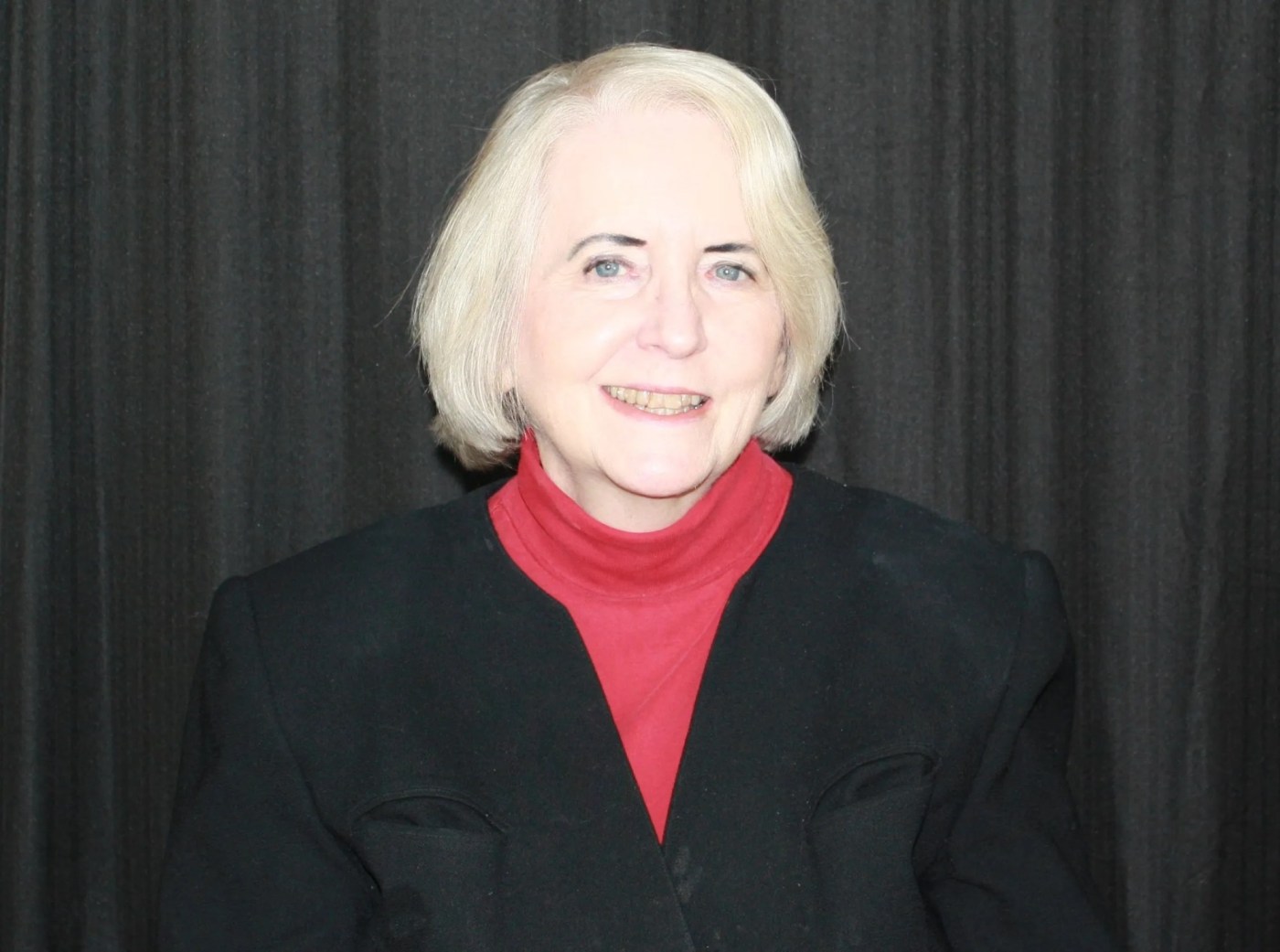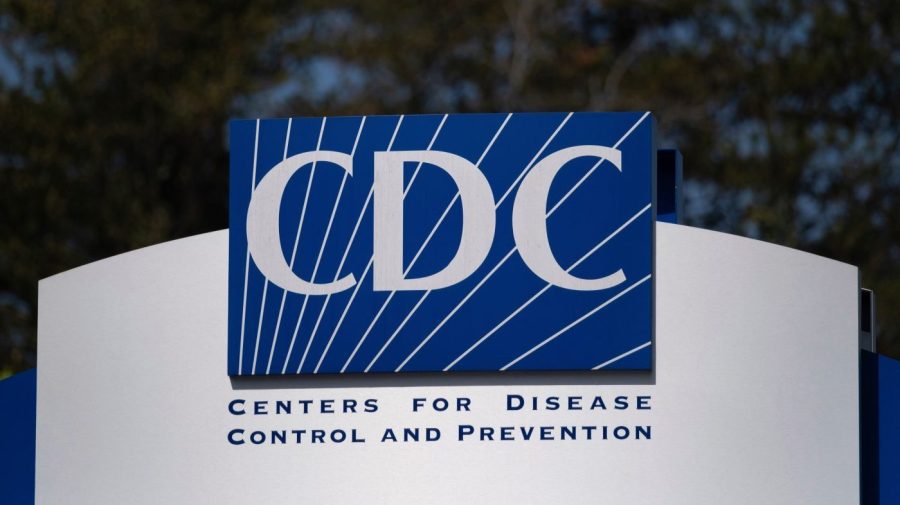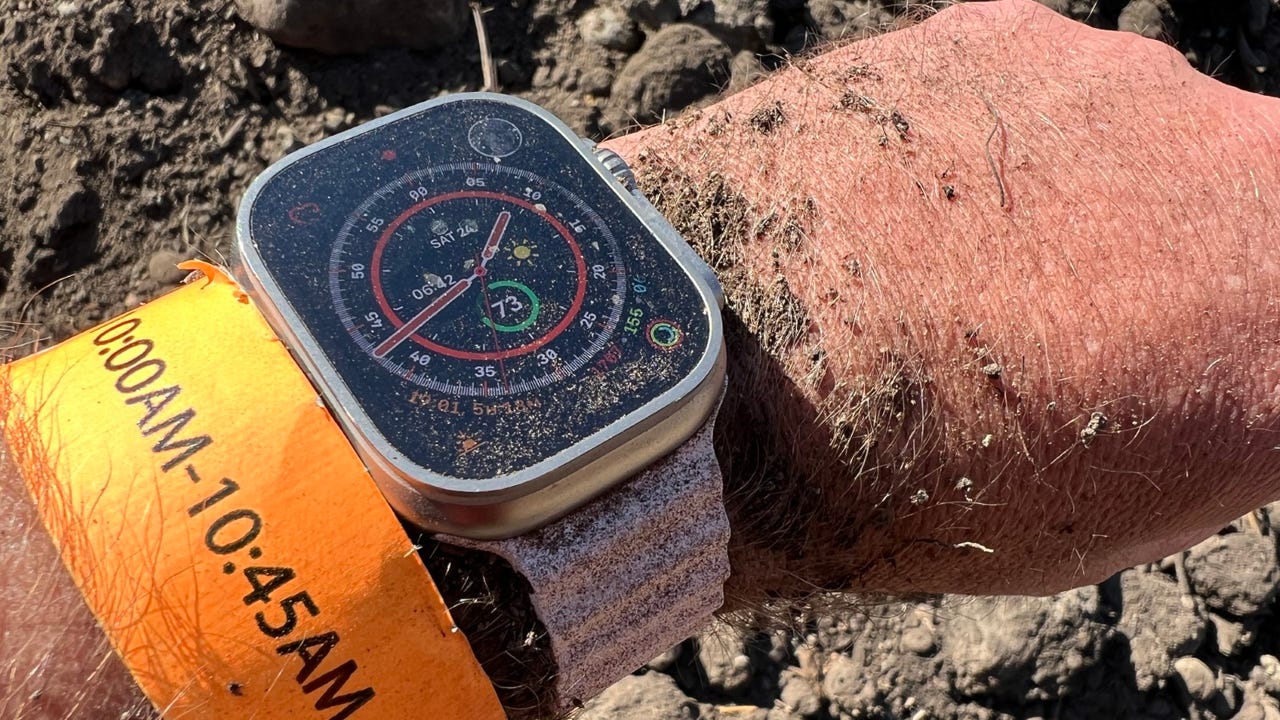Colorectal cancer screenings are gaining attention in Florida as new, less invasive testing options become available. A recent push for awareness has highlighted the importance of early detection, especially since colorectal cancer can be highly fatal if diagnosed at an advanced stage. Statistics indicate that when detected early, the five-year survival rate for colorectal cancer is an impressive 91%. However, only 65.5% of eligible Floridians aged 45 and older are current with their screenings.
The reality is concerning. Thousands of individuals remain unscreened and at risk, particularly among low-income populations. According to recent data, 60% of low-income or Medicaid adults in Florida have not undergone screening, underscoring significant disparities in healthcare accessibility. As advanced-stage colorectal cancer cases continue to rise annually in the state, the need for effective solutions is more pressing than ever.
Many individuals avoid screenings due to discomfort and perceived invasiveness. While colonoscopies have long been regarded as the gold standard for detection, the preparation and procedure can deter potential patients. Similarly, stool-based tests may evoke anxiety because of their unpleasant nature. These factors contribute to the significant gap in screening rates, impacting communities across Florida.
Fortunately, innovative alternatives are emerging. One such option is the Shield test, the first FDA-approved blood test for primary colorectal cancer. This blood-based screening method allows individuals to undergo testing during routine doctor visits without the extensive preparation that accompanies traditional procedures.
Ute Harshbarger, a travel agent based in Davenport, recently shared her experience with the Shield test. “When it came time for my own screening, I talked to my doctor and was grateful to learn about more comfortable, non-invasive blood test screening options,” she stated. “The process was just a quick blood draw at my doctor’s office. There was no special prep or time-consuming process.”
Harshbarger emphasized the importance of prioritizing health to continue enjoying life and spending time with loved ones. “Screening for colorectal cancer isn’t just about checking off a box. It’s about giving yourself a chance to catch something early, when it’s most treatable,” she explained.
The ongoing effort to promote awareness around colorectal cancer screening methods is vital. As more individuals learn about and access these innovative tests, the hope is that screening rates will increase, leading to earlier diagnoses and improved survival rates.
Health professionals encourage everyone to engage in conversations with their doctors regarding available screening options. This could potentially be one of the most significant discussions individuals have for their health and future. As awareness grows, the aim is to empower more Floridians to take charge of their health and embrace the opportunity to screen for colorectal cancer.







